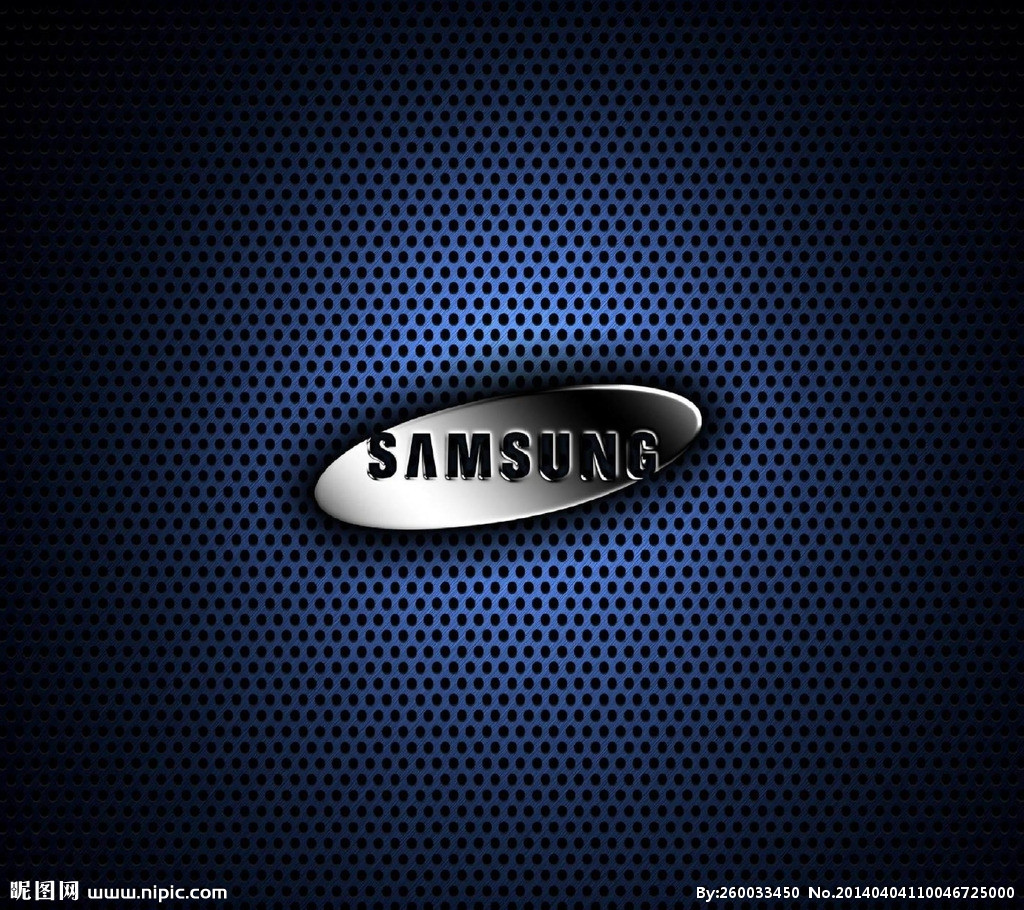In recent times, Samsung has been actively engaged in trademark registrations, marking significant developments in its strategic initiatives.
According to reports from international sources, Samsung has not only applied for trademarks for products like smart rings and AR glasses in the past few months but has also filed trademarks in various countries. One of these trademarks confirms that the Galaxy S24 is set to be marketed as an Artificial Intelligence (AI) smartphone.

Last month, rumors surfaced about Samsung’s comprehensive integration of AI technology in its flagship product, the Galaxy S24 series. The company aspires for the Galaxy S24, Galaxy S24+, and Galaxy S24 Ultra to be the most intelligent AI smartphones to date, potentially surpassing the features offered by Google’s Pixel series.
The Galaxy S24 series is positioned as Samsung’s inaugural “AI Galaxy Phone,” with plans to launch in January 2024. The company has set an ambitious shipment target of 35 million units, representing a 10% increase compared to the Galaxy S23 series.
Aligning with technologies like ChatGPT and Google Bard, the Galaxy S24 series will offer functionalities such as content and story creation based on user-provided keywords. Additionally, Samsung plans to introduce its proprietary AI features, including text-to-image generative AI.
Beyond AI, the Galaxy S24 series will feature the OneUI 6.1 system and a new Xclipse 940 GPU. The anticipated OneUI 6.1 is poised to bring numerous AI functionalities, enhancing the capabilities of the virtual assistant Bixby. The incorporation of the all-new Xclipse 940 GPU raises expectations for the inclusion of mobile ray tracing, a highly anticipated feature in the gaming community.
International reports suggest that Samsung’s shift towards AI is a meticulously planned move aimed at significantly enhancing user experiences.
The surge of AI large models has gained momentum this year, extending its influence to the realm of smartphones. Many global and domestic smartphone manufacturers are actively incorporating AI large models to enhance user experiences and product competitiveness.
During the August 2023 Huawei Developer Conference, it was announced that HarmonyOS 4 would benefit from the PanGu large model, enhancing the AI capabilities of the intelligent assistant Xiaoyi. Similarly, in August’s Xiaomi Annual Presentation, Lei Jun revealed that Xiaomi’s latest 1.3 billion parameter large model has successfully run locally on smartphones, with the AI assistant Xiaoai starting to upgrade its large model capabilities.
In recent times, the wave of AI large models has swept across various industries, becoming a driving force for innovation. Smartphone manufacturers are racing to integrate AI large models, aiming to explore the vast potential of the fusion of smartphones and AI large models.
Indeed, by introducing AI large models, smartphones can intelligently understand user behavior and needs, providing personalized and intelligent suggestions and experiences. With more precise AI recommendations, smartphone manufacturers can increase user stickiness and satisfaction, thereby enhancing product market competitiveness.
Industry experts suggest that terminals equipped with hardware AI engine processors are experiencing a rapid surge in development, especially in traditional terminal hardware markets such as laptops, desktops, tablets, and smartphones. According to IDC forecasts, by 2026, nearly 50% of terminal devices in the Chinese market will have processors with AI engine technology.
In light of this, AI large models may be the next frontier for smartphone manufacturers to seize.
However, it’s worth noting that currently, most smartphone manufacturers are focusing on implementing AI large models through voice assistants, with further clarification needed for other usage scenarios on smartphones. The future integration and development of AI large models with smartphones, their role as a decisive factor in smartphone competition, and their commercial implementation and popularization still have a long way to go.
This article was originally published by Ulink Media, the organizer of IOTE EXPO (IoT Expo in China).
Join us next year in Shanghai, and let’s shape the future of technology together!
To register IOTE 2024 Shanghai station:

















